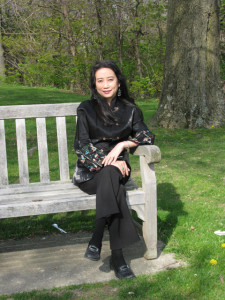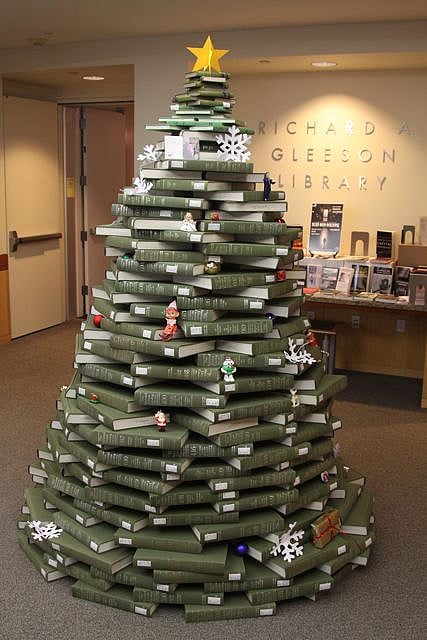Erica Goss, the poet who wrote Wild Place, continues to keep us up to date on her 12 Moons project with vocal talents of Nic S. and the musical talents of Kathy McTavish. We’ll be sure to keep everyone in the look on this collaborative project. Check out the first guest post.
Please give Erica a warm welcome:
I didn’t ask why my country was moonstruck, deep in the month of July when I was nine years old. I didn’t care about the stiff unflapping flag and even less about steps, leaps or mankind. from “Buck Moon” by Erica GossWriting the twelve poems that form the text for 12 Moons, an art project combining words, voice, music, and video, was one of the few times that I have consciously set out to write a series of poems based on a theme. Like any project, I began with a burst of energy and enthusiasm, but found that I needed to work hard to keep the momentum going.
The project involved writing a poem for each full moon, using the traditional names of the moons as titles. I avoided using obvious moon references, and especially any moon clichés. I cast back in my memory for events that had happened during a particular month to use as a place to start, but only a few clear recollections appeared. Mostly I wrote about the feeling of that month, and about how people respond to the seasons, whether or not they are aware of the moon’s influence over their moods.
I had one really good historical event to use: Apollo 11. When I was nine years old, the first man set foot on the moon exactly one week after my youngest brother was born. I blended these events into the poem, “Buck Moon.” I used the voice of myself at nine, unimpressed with the moon landing, having just had my world rocked with the arrival of a new sibling.
Many of the poems, if not most, are located in the culture, people and landscape of California, where I have lived my entire life. As James D. Houston said in an interview for The Bloomsbury Review, “California is endlessly compelling to contemplate and write about. I didn’t choose to grow up here, but by lucky chance – the lucky choice my parents made – it happens to be my habitat. And in my own life I’ve found that a sense of place, that kind of grounding is really essential.” In a place as large and disparate as California, we obey the laws of nature, whether in LA’s Skid Row, or the low round hills of Sonoma County, or while Christmas shopping at a mall in San Jose.
I found that writing the moon poems was not a linear process. I didn’t move sequentially throughout the year, starting with January; instead, certain events associated themselves with certain months, and the poems unfolded from those points. The first moon poem was “Snow Moon,” the full moon of February, then “Strawberry Moon” (June) and “Hunter’s Moon” (October). The rest of the poems appeared the same way: haphazard inspirations over the next five months. I finished the last one on August 30th.
12 Moons will appear beginning January 2014 at Atticus Review.
More about the process of making 12 Moons in the next post. Here are links to the artists involved in 12 Moons:
Are you as excited about this project as I am?







 About the Poet:
About the Poet:


 Thank you all for joining me today on my 2012 Blog Tour! This week, I’m giving away a
Thank you all for joining me today on my 2012 Blog Tour! This week, I’m giving away a 








 Whew! You’ve got some shopping to do!
Whew! You’ve got some shopping to do!



